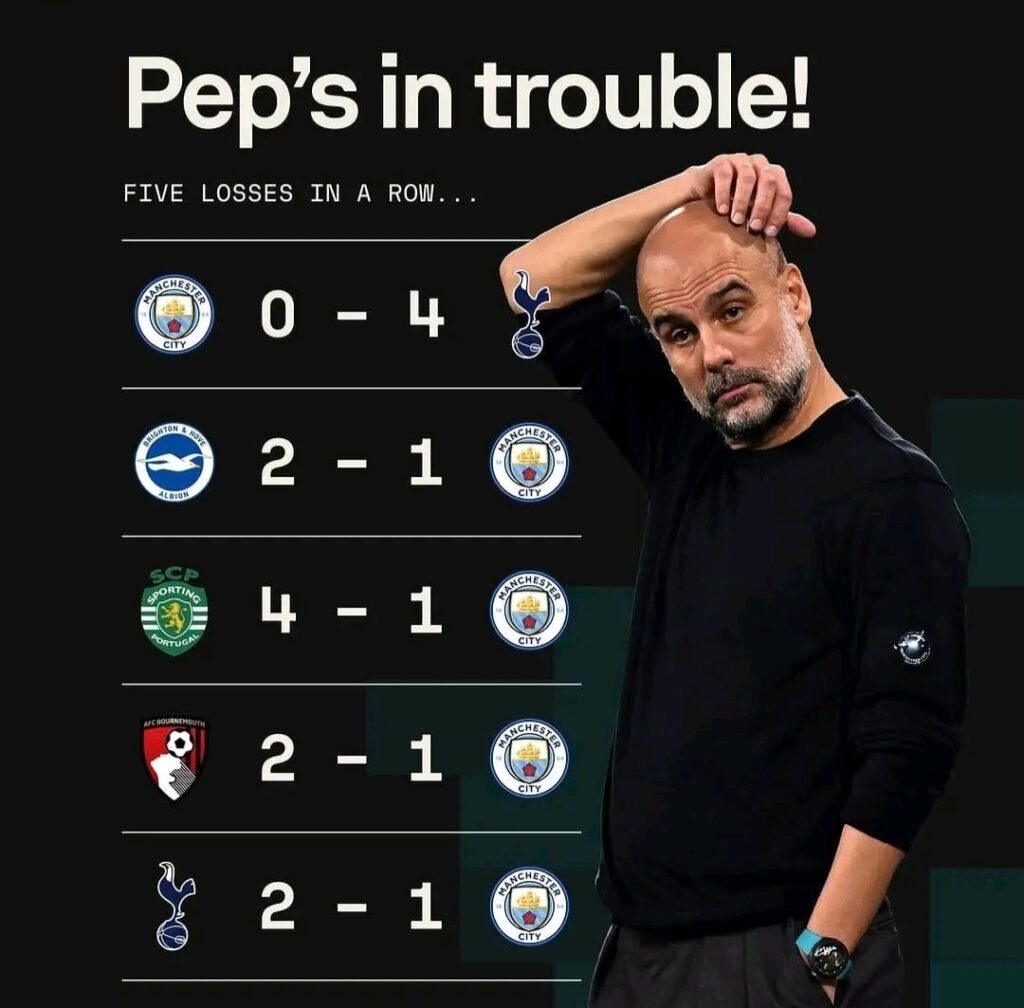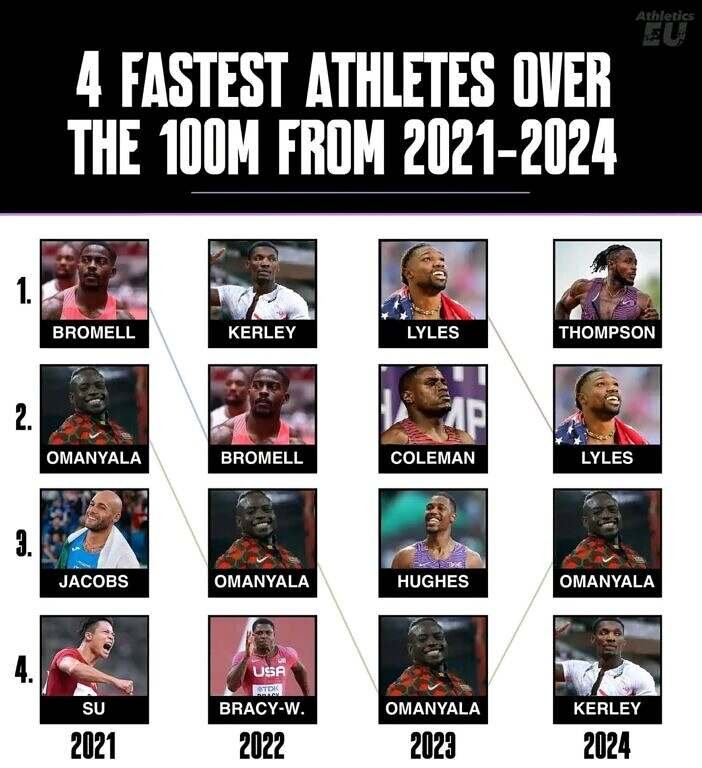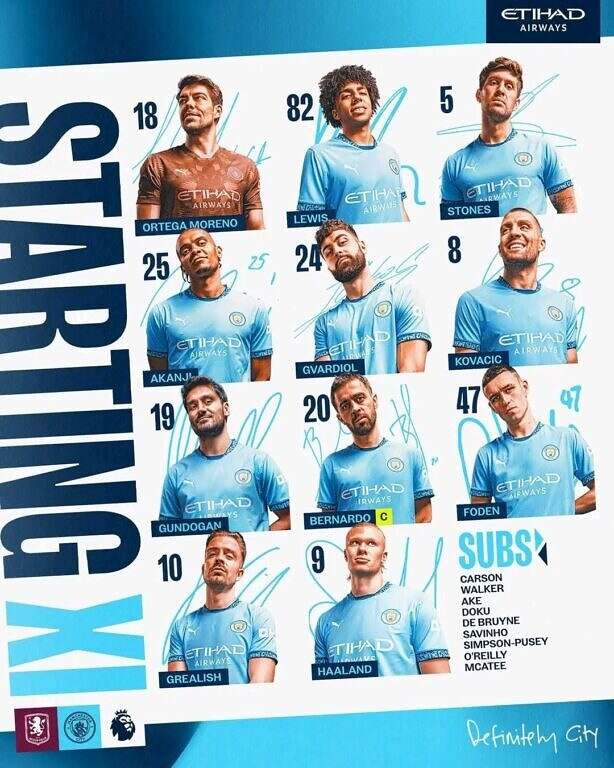
Pep Guardiola, renowned for his tactical acumen and innovative approach to football, has established himself as one of the preeminent managers in the sport’s history. Beginning his managerial journey at Barcelona in 2008, Guardiola quickly made a name for himself by leading the club to an unprecedented treble in his first season. His tenure at Barcelona was marked by a distinctive style of play known as ‘tiki-taka,’ characterized by short passing and movement, which not only brought success but also redefined modern football tactics.
Following his illustrious stint at Barcelona, Guardiola continued to showcase his managerial prowess at Bayern Munich. During his time in Germany, he won three consecutive Bundesliga titles and made significant advancements in the UEFA Champions League, although the coveted trophy eluded him. His ability to adapt his philosophy and implement complex strategies made him a respected figure among football analysts and peers alike.
In 2016, Guardiola took charge of Manchester City, where he further cemented his legacy. Under his guidance, City has experienced remarkable success, including multiple Premier League titles and a historic domestic treble in 2021. Guardiola’s teams are recognized for their high pressing, fluid attacking style, and attention to detail. His emphasis on player development and tactical flexibility has produced numerous world-class athletes.
Despite his immense achievements and reputation, Guardiola now faces an unprecedented challenge with the recent string of five consecutive losses. This situation is particularly poignant given his previously unparalleled success and could evoke questions regarding his management strategies and team dynamics. As Guardiola navigates this unique setback, it serves as a reminder that even the most successful figure in football can encounter difficult periods in their career.
The Streak: Breaking Down the Matches
Pep Guardiola’s recent five-match losing streak as a manager is an unprecedented challenge in his illustrious career, and analyzing each of these matches offers insights into how this situation transpired. The first match of the streak involved a crucial knockout fixture where tactical decisions were questioned. Guardiola opted for a conservative formation, leading to limited goal-scoring opportunities. This decision backfired, resulting in a narrow loss that set a concerning precedent.
In the following match, an unexpected defensive collapse marked a significant turning point. Key players were either injured or underperforming, which limited Guardiola’s options. The reliance on a makeshift backline led to a cascade of defensive errors, allowing the opposing team to exploit weaknesses that had previously been masked by strategic brilliance. Such lapses reveal how crucial squad depth is, particularly during a stressful period.
The third game of the streak showcased a clash of tactical philosophies. While Guardiola emphasized possession, the opposition adopted a high-pressing strategy that disrupted the flow of play and exposed vulnerabilities in Manchester City’s game plan. The lack of creative solutions to counteract the pressing tactics ultimately culminated in another defeat, raising questions about adaptability and tactical evolution in Guardiola’s approach.
As the streak continued, the matches further underscored the emotional toll on the team. The mounting pressure began to affect on-field performances, particularly among senior players who struggled to maintain composure. The fourth game saw a flat performance against a rival club, failing to capitalize on opportunities, further affirming the team’s frailty during this difficult period.
Finally, the last match in the sequence exemplified a desperate attempt to reclaim form. However, issues from previous matches persisted, and with players not executing Guardiola’s strategic vision, the club recorded yet another defeat. This analysis of the five consecutive losses highlights a blend of tactical missteps, player performance issues, and an environment filled with pressure – factors that contributed to Guardiola facing one of the most challenging periods of his managerial career.
Analyzing the Factors Behind the Losses
In the world of professional football, a manager’s success is often correlated with the performance of their team, and Pep Guardiola is no exception. The unprecedented challenge of facing five consecutive losses has prompted an examination of various factors that contributed to such a downturn. One significant element is player injuries, which can severely impact team dynamics and overall performance. With key players sidelined, Guardiola may have been forced to alter his tactical approach to accommodate less experienced squad members. This lack of continuity can lead to disjointed play and diminish the effectiveness of established strategies.
Tactical miscalculations also played a role in these losses. Guardiola is known for his innovative tactics, but under pressure, even the most seasoned managers can make errors in judgment. The complexity of his formations may have backfired when faced with opponents who effectively countered his plans. Analyzing match footage reveals instances where opponents capitalized on Guardiola’s unconventional formations, exposing vulnerabilities that were previously unseen. The adaptation of opposing strategies has become a crucial component in matches, where rival teams have seemingly pinpointed weaknesses in Guardiola’s setup.
External pressures cannot be ignored either. Guardiola’s high-profile status instills expectations not only from fans and club executives but also from the media, which can elevate stress levels for both players and the manager. Such pressures can manifest in nervous performances on the pitch, as the weight of maintaining a winning image begins to take a toll. Coupled with the impact of opponents’ strategies, this creates a challenging environment wherein performances can fluctuate dramatically. Insights from football analysts suggest that a comprehensive understanding of these contributing factors will be vital for Guardiola to navigate this unprecedented period in his managerial career.
The Reactions: Club Management, Players, and Fans
The recent streak of five consecutive losses faced by Pep Guardiola has prompted mixed reactions from various stakeholders within the football community. Club management, players, and devoted fans have all expressed their sentiments regarding these unprecedented challenges. At the managerial level, board members are required to analyze the team’s performance and assess whether Guardiola’s strategies still resonate with the current squad and competitions. Support from management remains key, yet concerns about the team’s direction could lead to discussions over future strategies.
From the players’ perspective, reactions have predominantly been shaped by a mixture of disappointment and determination. Many players voiced their commitment to rally behind their manager, recognizing that the sequence of results does not accurately reflect their collective capabilities. Conversations among teammates have highlighted the need for resilience and unity in the face of adversity. Some players have publicly committed to maintaining Guardiola’s vision, stressing the importance of their roles in the recovery process. It’s essential for the squad to support one another and foster a positive atmosphere amid competing pressures.
Meanwhile, fan sentiments have ranged from disappointment to frustration. Supporters, who are often the most vocal in their response to results, have taken to social media platforms to express their concerns and suggestions regarding the current state of affairs. While some fans show unwavering support for Guardiola, calling for patience, others demand immediate changes, emphasizing their expectations for high performance. The relationship between fans and management is usually complex, especially after such a series of unfavorable outcomes. However, a common thread among many fans remains the desire to see their team overcome this challenge, echoing sentiments of loyalty despite recent declines.
Historical Context: Managers Who Faced Similar Challenges
Throughout the history of football, there have been numerous instances where renowned managers have encountered extensive losing streaks, presenting significant challenges to their careers. While these moments can be quite daunting, they often serve as pivotal turning points that define the resilience and adaptability of these coaches. For instance, renowned manager José Mourinho experienced a challenging phase during his time at Chelsea in the 2015-2016 season. The team suffered a lengthy stretch of poor performance that led to Mourinho’s eventual dismissal. However, his previous successes provided him with the reputation necessary to recover, as he later returned to the top tier of football with Manchester United, showcasing his ability to rebound from adversity.
Similarly, Antonio Conte faced a demanding period while managing Chelsea during the 2017-2018 season. His side struggled significantly, resulting in an unexpected series of defeats. Conte’s response was to reassess his strategies and reinforce team morale, thus demonstrating how an effective approach to overcoming challenges can breed eventual success. The ability to maintain focus on fundamentals, while ensuring the players remain motivated, is crucial when addressing such setbacks.
Another notable example can be attributed to Arsène Wenger, whose tenure at Arsenal included phases of underperformance. Despite brief stints that saw the team falter, Wenger’s long-term vision and unwavering commitment to the club eventually turned things around, leading to memorable successes. His gradual approach towards crafting a resilient team demonstrates how patience and strategic re-evaluation are vital in overcoming a series of losses.
These historical precedents illustrate that losing streaks are not uncommon in a manager’s career. Understanding the response strategies of previous managers who faced similar challenges offers insight into how Pep Guardiola may navigate this unprecedented phase. Resilience, adaptability, and strategic planning are vital components that have historically contributed to successful recoveries in football management.
Impacts on Team Morale and Performance
The psychological ramifications of a manager enduring five consecutive losses can be profound, influencing not only the atmosphere within the team but also the players’ performance on the field. For a renowned figure like Pep Guardiola, whose career has been marked by success, the burden of a losing streak can lead to an atmosphere fraught with tension and uncertainty. Players may begin to question their abilities, leading to a decline in confidence that is difficult to reverse.
When a team experiences such a series of defeats, the collective morale can suffer significantly. Players may feel a sense of frustration and helplessness, which can manifest in their day-to-day training and match preparations. Increased pressure results in a cycle of negative thinking, where players start to doubt their strategies, compatibility with teammates, and the effectiveness of their training routines. This psychological distress often leads to diminished performance during matches; the fear of losing may provoke overly cautious gameplay rather than the proactive and aggressive approach typically encouraged under Guardiola’s management style.
This state of mind can also affect inter-player relationships, as teammates might become defensive or blame one another for mistakes. Communication errors, reduced camaraderie, and less trust on the field can all stem from the pressures associated with a diminishing sense of accomplishment. Furthermore, with each successive loss, the intensity of the scrutiny from the media and fans escalates, compounding the psychological toll on both players and management.
Ultimately, overcoming the impacts of this challenging phase requires concerted efforts to restore confidence and focus. Building team spirit through constructive dialogue, targeted coaching sessions, and a supportive environment may serve as strategies to mitigate the negative effects of this unprecedented challenge, thereby aiding players’ resilience in upcoming matches.
Potential Adjustments: Tactical Changes and Player Selection
As Pep Guardiola navigates an unsettling five consecutive losses as a manager, the inevitable question arises: what tactical adjustments or player selection changes can he implement to halt this decline? Given his history as a successful coach, it is plausible to expect innovative solutions tailored for this specific challenge. A thorough assessment of Guardiola’s past strategies reveals a reliance on proactive, possession-based football characterized by fluid transitions and versatile player roles.
One potential adjustment is to reassess the current formation. Shifting from a rigid structure such as a 4-3-3 to a more dynamic 3-5-2 could provide increased midfield stability while also allowing wing-backs to exploit space on the flanks. This varied approach not only strengthens defense but also enhances offensive depth, a critical element when facing opposition that excels in pressing tactics. By reconfiguring the formation, Guardiola might reinvigorate his side’s creativity, fostering a more adaptable on-field system.
Player selection also warrants significant consideration. Resting fatigued players and reintegrating those who have been performing well in training can inject new energy into the squad. Should Guardiola reconsider his reliance on specific key players, such as mistimed veterans, and instead promote youthful, energetic talent, he may ensure a renewed sense of vigor on the pitch. Historical instances affirm that many coaches who have successfully turned around poor performances often reintroduce younger talents during challenging periods, revitalizing the overall team morale.
Taking into account the current tactics and player selection could prove crucial for Guardiola as he seeks to realign his team’s performance. Consulting with trusted advisors and analyzing existing game footage may present an opportunity for discovering effective adjustments based on comprehensive evaluations. As the search for solutions continues, careful modification of both formations and personnel will be instrumental in reversing the team’s fortunes.
Fan Perspectives: The Support and Criticism
The recent string of five consecutive losses experienced by Pep Guardiola as a manager has ignited a passionate discourse within the fanbase. Social media platforms and fan forums have become battlegrounds for diverse opinions regarding Guardiola’s management style during this challenging period. Supporters express a mixture of frustration and continued loyalty, highlighting the manager’s remarkable track record while questioning strategic decisions that have culminated in this unprecedented decline.
Many ardent fans maintain a steadfast belief in Guardiola’s capabilities, emphasizing his previous successes and ability to adapt to various opponents. They argue that the team’s current predicament should not overshadow his accomplishments or the intricate tactical philosophies that have brought prosperity in the past. Supporters have taken to social media to voice their support, asserting that even the best managers experience rough patches and that patience is necessary for a turnaround. Hashtags promoting unity and backing for Guardiola have trended, reflecting the loyalty of a portion of the fanbase.
Conversely, critics are not shy to voice their discontent with Guardiola’s recent decisions. Online discussions reveal skepticism about his substitutions and tactics, particularly during crucial moments in matches. Detractors argue that there seems to be a lack of adaptability in gameplay, which has led to predictable outcomes. The discontent has led to intensified debates on fan forums, with some advocating for a change in management should the losses continue. These contrasting perspectives highlight the complexities surrounding Guardiola’s situation, mirroring the broader uncertainties in football where attachments to managerial legacies may become strained amidst disappointing results.
Looking Ahead: The Road to Recovery
As Pep Guardiola confronts this rare situation of five consecutive losses, the focus now shifts to the future and the essential steps to reclaim the team’s competitive edge. The upcoming fixtures present an opportunity for both Guardiola and his squad to initiate a turnaround. Notably, the next few matches include contests against lower-ranked teams, which, if approached with the right mentality, could facilitate the much-needed recovery.
Key players will play a critical role in this recovery phase. Stars such as Kevin De Bruyne and Erling Haaland have consistently demonstrated their potential to influence outcomes and uplift team morale. Their return to form, alongside effective tactical adjustments from Guardiola, will be pivotal in setting the stage for an upturn in results. It’s essential for these influential figures to step up, leading by example both on and off the pitch.
Moreover, resilience will be crucial as the team navigates this difficult phase. The players must cultivate a strong mindset, aiming to turn adversity into motivation. Guardiola, renowned for his tactical acumen and ability to foster an encouraging environment, must work diligently to maintain team spirit throughout this challenging period. Building confidence and cohesion will be vital aspects of their preparation as they look to return to winning ways.
In conclusion, the path to recovery for Guardiola and his team is undoubtedly fraught with challenges but also replete with opportunities. Emphasizing resilience, leveraging the talents of key players, and making calculated tactical adjustments will be essential in transforming the current predicament into a story of comeback and triumph. The spectators and stakeholders will be watching closely, eager to witness how Guardiola navigates this testing period and leads his team back to form.





